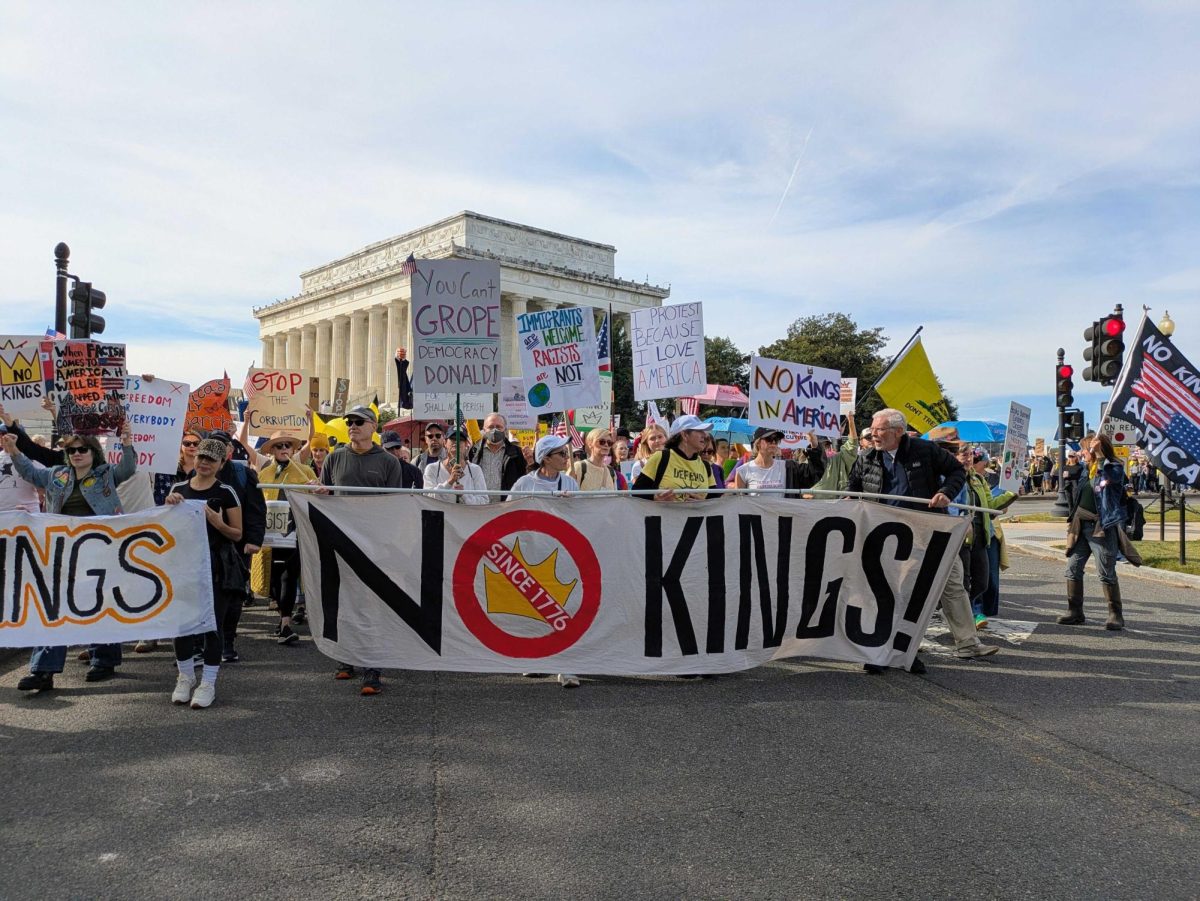Virginia: A harbinger of things to come
October 26, 2021
While 2021 sits as a lackluster political year, given its off-cycle status, one race in particular is generating attention.
In Virginia, an open gubernatorial race between the Democratic nominee, former Gov. Terry McAuliffe, and the Republican nominee, businessman Glenn Youngkin, is shaping up to be a close one with much at stake, not the least of which is President Joe Biden’s legislative agenda, as well as the fate of the 2022 midterm elections.
In a recent Monmouth University poll, McAuliffe and Youngkin were statistically tied, sitting at 46% to 46% in the poll that had a margin of error of just 3.1 points.
This is a stunning development, considering that McAuliffe came into this race with high expectations of reclaiming the governor’s mansion.
This poll is made all the more alarming when one realizes that Virginia is a state that Biden won by 10 percentage points in the 2020 presidential election.
As recently as September, McAuliffe led the Monmouth poll by five points, 48% to 43%.
To many political observers, two questions present themselves: what is causing Youngkin to develop the advantage heading into Election Day? Also, what does this mean for the president’s agenda and the midterms?
For one, this momentum shift is caused by several things, including a surge in support for Youngkin among independents.
According to the Monmouth poll, Youngkin now has a 48% to 39% lead among independents, compared to a 46% to 37% lead McAuliffe had with independents just a month ago, a monumental swing for a key voting bloc in what has historically been a toss-up state leaning right.
In a state he won by 10 points just a year ago, Biden is well underwater, holding just a 43% approval rating in the state while 53% disapprove of his job performance, according to Monmouth.
Nearly half of Republicans, statistically 49%, said in the Monmouth poll that they were more enthusiastic to vote in the upcoming election than in previous races, while only 26% of Democrats felt the same.
Youngkin has hit the campaign trail and blasted McAuliffe for saying during a debate that parents should not have a say in telling schools what curriculum to teach; Youngkin, on the other hand, has been an advocate for parents’ involvement in school board decisions over how students are taught.
The issues of education and schools are also a result of tense differences over the policy of masking in schools, vaccine mandates and similar contemporary topics.
With momentum swinging to Youngkin at just the right time, it sets up the possibility that a Youngkin upset is possible and that it will serve as a harbinger of things to come.
A Youngkin victory will undoubtedly hamper the already battered Biden domestic agenda “Build Back Better,” which has struggled to gain traction and be enacted due to disputes over the size and scope of the agenda and the price tag attached to it.
Given that this race and the New Jersey gubernatorial race are the two major elections before the midterms, it could serve as an indicator of what the attitudes of the electorate are and potentially give insight into how both parties will fare with the U.S. House and Senate on the line, plus 39 gubernatorial seats, not to mention state houses all the way down to municipal elections.
Overall, it will be a fascinating election to watch and it will surely grip the attention of political nerds everywhere.
MICHAEL GUIDO




